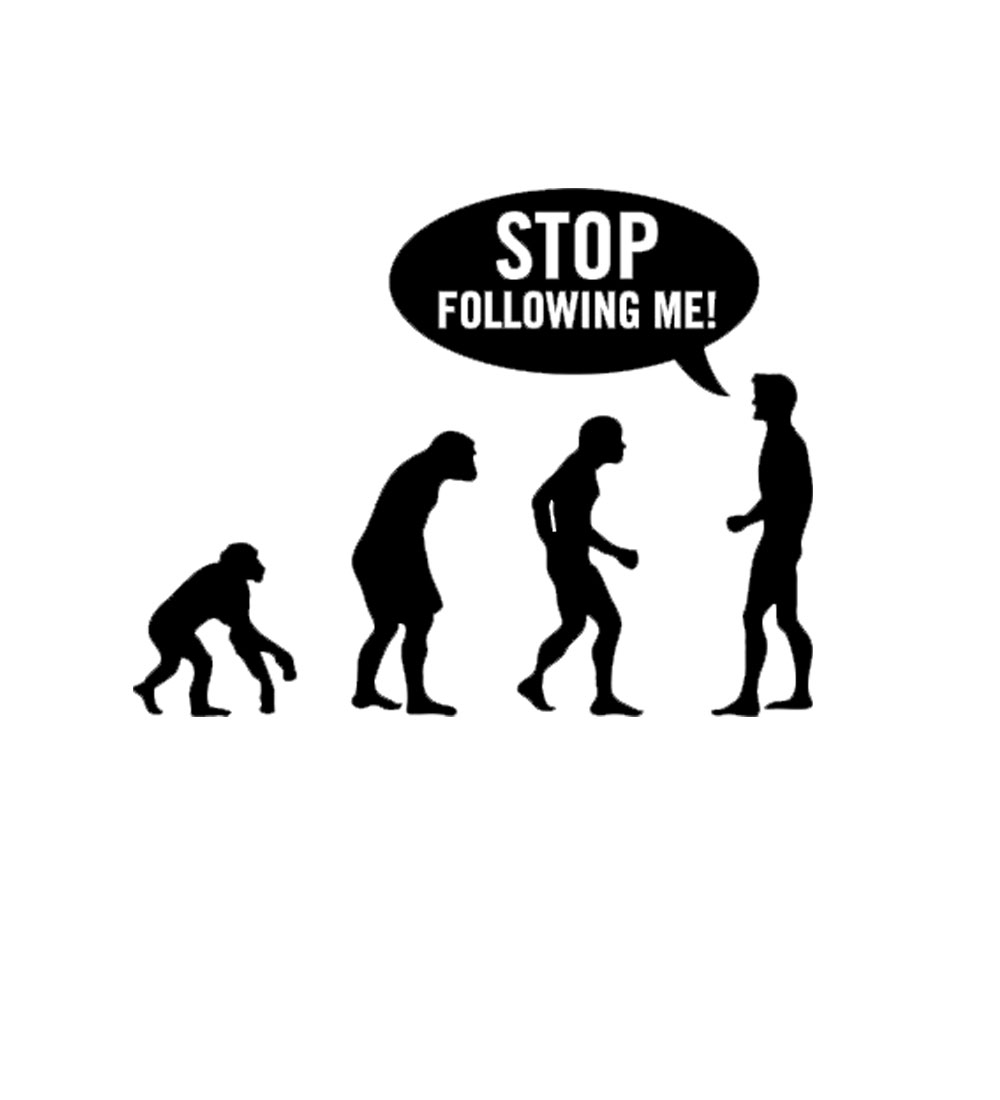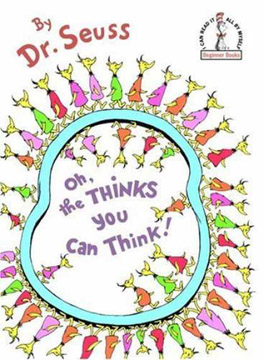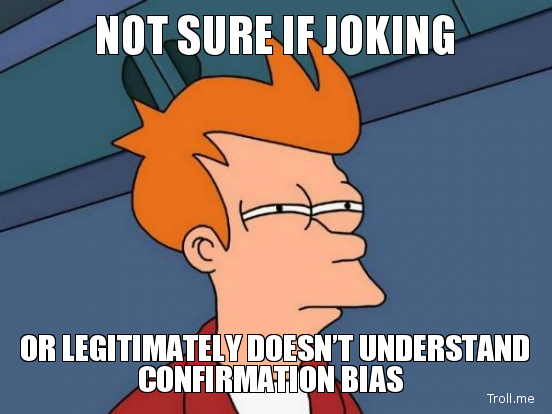Question: Do you know anyone who’s had smallpox? How about polio? No?
Well no wonder there’s a sudden surge of doubt about vaccination – not because we’ve realise how well it works, but because we’ve forgotten what life was like before vaccines.
I am a parent. I can understand the idea of injecting my child with something that turns out to be harmful would be hard to bear. First do no harm, they say. Can we be sure there is no harm?
Sounds a like a fair question… but… isn’t. It’s not that simple.
Having a vaccine may seem like a dangerous intervention, and surely no action is better than a risky one?
Well if you believe that, you are not alone, but are making a cognitive error, the error to assume inaction is a virtue. As Haile Selassie said “Throughout history, it has been the inaction of those who could have acted; the indifference of those who should have known better; the silence of the voice of justice when it mattered most; that has made it possible for evil to triumph.”
In order to help those stuck in this cognitive trap, I would ask them to consider this thought experiment.

Rather than choosing to go to a doctor for a vaccine, say the famous ‘MMR’ triple-jab, or choosing to stay at home, let’s imagine the choice was one of two medications, one the MMR, with its supposed* risk of autism, but which gives immunity to measles, mumps and rubella – and the other is a compound with no known benefits, but a known risk of causing measles, mumps and rubella. And of course the added possibility of causing an epidemic at the same time.
(*) Let’s add to the mix the fact that there is zero evidence of any link between MMR and autism, and also point out that failing to immunise your kids is reckless cruelty not only to them, but also to all those who cannot be vaccinated for ‘real’ reasons, such as being too poor, too young or too sick.
To those still on the fence, this last bit is for you.
Do you not realise that what seems like concerned parenting has actually cost real people their lives? For what?
Yes, drugs go wrong. Yes, corporations are often tempted to hide bad news. Yes, the human body is complex and we do not understand every last detail.
But if you think that those pressures overwhelm the ‘good’ in mankind that has led life expectancy to climb gloriously every single decade this last century, then you are missing all the good news.
 No small part of the doubling in life expectancy was due to vaccines.
No small part of the doubling in life expectancy was due to vaccines.
Please don’t take me with you back to 1900. Rather look at this picture of what smallpox does and thank your lucky stars she’s not your child.













